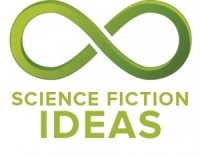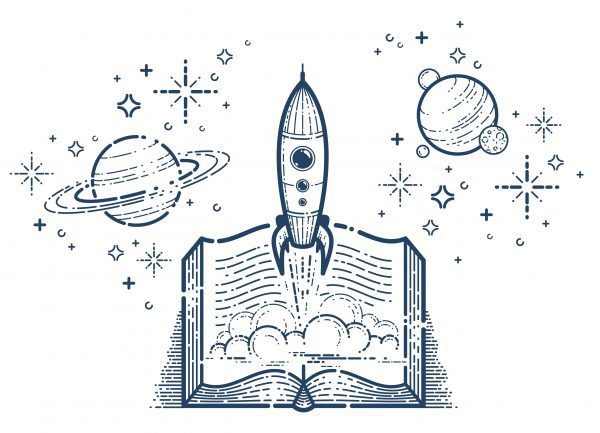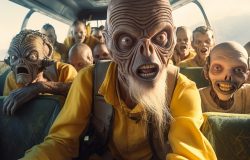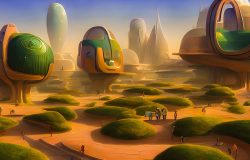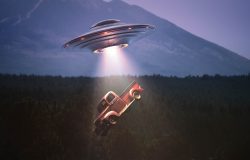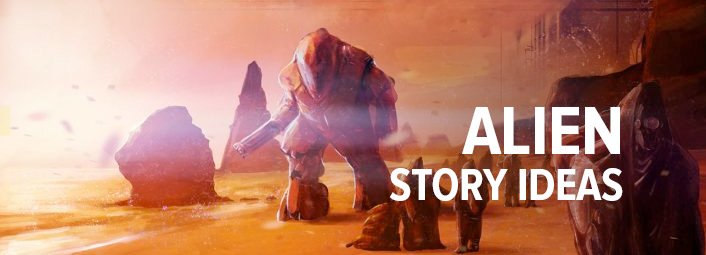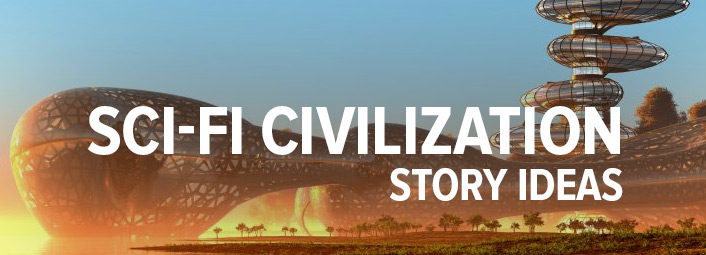Awards given for the Best Science Fiction
The Hugo Awards / Awards for the Best Science Fiction
The Hugo Awards have been given annually since 1953 to recognize the best science fiction and fantasy works and achievements of the previous year. Here is a list of the Hugo Award winning authors for the past 30 years (1991-2021)
1991: Connie Willis (Blackout/All Clear)
“Blackout” and “All Clear” by Connie Willis are two interconnected novels that follow time-traveling historians from the mid-21st century who go back to World War II England to observe life during the Blitz. As they immerse themselves in the past, they encounter unexpected challenges, including difficulties returning to their own time, leading to a gripping narrative of survival, courage, and the intricate web of personal connections amidst the chaos of war and time travel. Through meticulous historical detail and compelling characters, Willis crafts a thrilling and emotionally resonant story that explores the complexities of history and the resilience of the human spirit.
1992: Connie Willis (Doomsday Book)
“Doomsday Book” by Connie Willis is a gripping science fiction novel set in 2054 and the 14th century. Following a time-traveling historian named Kivrin, the story intricately weaves between these eras as Kivrin becomes stranded in the midst of a plague-ridden medieval England. As she struggles to survive and fulfill her research mission, her colleagues in the future face their own crisis, creating a narrative that explores themes of mortality, resilience, and the fragile threads connecting past and future in a masterfully crafted tale blending history, technology, and human drama.
1993: Neil Gaiman (American Gods)
1994: Lois McMaster Bujold (Barrayar)
1995: David Brin (The Terminal Experiment)
In David Brin’s “The Terminal Experiment” published in 1995, the story revolves around Dr. Peter Hobson, a scientist who conducts experiments on human consciousness and the existence of the soul. Using three identical computer-generated “souls,” he explores the possibility of life after death. As the experiments progress, unforeseen consequences and ethical dilemmas arise, challenging the boundaries between science, morality, and the nature of humanity.
1996: Michael Swanwick (The Iron Dragon’s Daughter)
In Michael Swanwick’s “The Iron Dragon’s Daughter,” published in 1993 (not 1996), the story follows Jane, a young girl who toils in a dangerous factory in a world where humans coexist with powerful, sentient machines known as iron dragons. After discovering an enchanted dragon, Jane embarks on a perilous journey through a dark and twisted realm filled with magic, technology, and dangerous creatures. The novel explores themes of identity, rebellion, and the consequences of ambition in a complex and fantastical setting.
1997: Kim Stanley Robinson (Blue Mars)
1998: Joe Haldeman (Forever Peace)
1999: Vernor Vinge (A Deepness in the Sky)
2000: China Miéville (Perdido Street Station)
2001: J.K. Rowling (Harry Potter and the Goblet of Fire)
2002: Jo Walton (The Other Wind)
2003: Robert J. Sawyer (Hominids)
2004: Jo Walton (Tooth and Claw)
2005: Lois McMaster Bujold (Paladin of Souls)
2006: Charles Stross (Accelerando)
2007: Paolo Bacigalupi (The Windup Girl)
2008: China Miéville (The City & The City)
2009: Neil Gaiman (The Graveyard Book)
2010: Paolo Bacigalupi (The Windup Girl)
2011: Connie Willis (Blackout/All Clear)
2012: Jo Walton (Among Others)
2013: John Scalzi (Redshirts)
2014: Ann Leckie (Ancillary Justice)
2015: N.K. Jemisin (The Fifth Season)
2016: N.K. Jemisin (The Obelisk Gate)
2017: N.K. Jemisin (The Stone Sky)
2018: Jo Walton (Among Others)
2019: Cixin Liu (The Three-Body Problem)
2020: Liu Cixin (The Three-Body Problem)
2021: N.K. Jemisin (The City We Became)
The Nebula Awards
The Nebula Awards are given annually by the Science Fiction and Fantasy Writers of America (SFWA) to recognize the best science fiction and fantasy works and achievements of the previous year. Here is a list of the Nebula Award winning novels for the past 30 years (1991-2021):
1991: “Stations of the Tide” by Michael Swanwick
1992: “China Mountain Zhang” by Maureen F. McHugh
1993: “The Gate of Gods” by Martha Wells
1994: “The Time Traveler’s Wife” by Audrey Niffenegger
1995: “The Terminal Experiment” by Robert J. Sawyer
1996: “Slow River” by Nicola Griffith
1997: “The Moon and the Sun” by Vonda N. McIntyre
1998: “Bones of the Earth” by Michael Swanwick
1999: “The Sky Road” by Ken MacLeod
2000: “The Telling” by Ursula K. Le Guin
2001: “American Gods” by Neil Gaiman
2002: “The Other Wind” by Ursula K. Le Guin
2003: “The Mount” by Carol Emshwiller
2004: “Paladin of Souls” by Lois McMaster Bujold
2005: “Camouflage” by Joe Haldeman
2006: “Rainbows End” by Vernor Vinge
2007: “The Yiddish Policemen’s Union” by Michael Chabon
2008: “The Windup Girl” by Paolo Bacigalupi
2009: “The City & The City” by China Miéville
2010: “Blackout/All Clear” by Connie Willis
2011: “Among Others” by Jo Walton
2012: “2312” by Kim Stanley Robinson
2013: “Ancillary Justice” by Ann Leckie
2014: “The Three-Body Problem” by Liu Cixin
2015: “Annihilation” by Jeff Vandermeer
2016: “The Obelisk Gate” by N.K. Jemisin
2017: “The Stone Sky” by N.K. Jemisin
2018: “The Calculating Stars” by Mary Robinette Kowal
2019: “The City We Became” by N.K. Jemisin
2020: “The Memory Police” by Yoko Ogawa
2021: “The Deep” by Rivers Solomon
Please note that this list is based on the available data and the Nebula award winners could change in the future, also the list is not exhaustive, I have only included the winners of the best novel category.
Let us know what you think about our ideas! Comment below to give us your opinion, add onto an existing idea, or submit one of your own!
